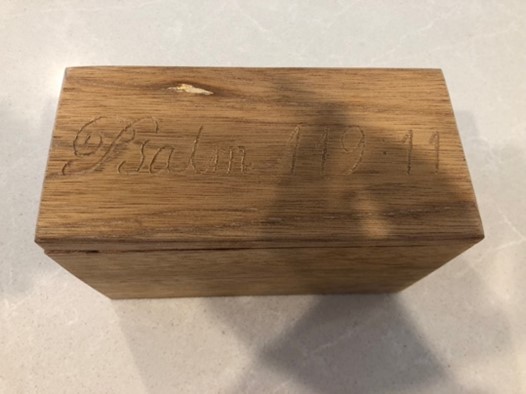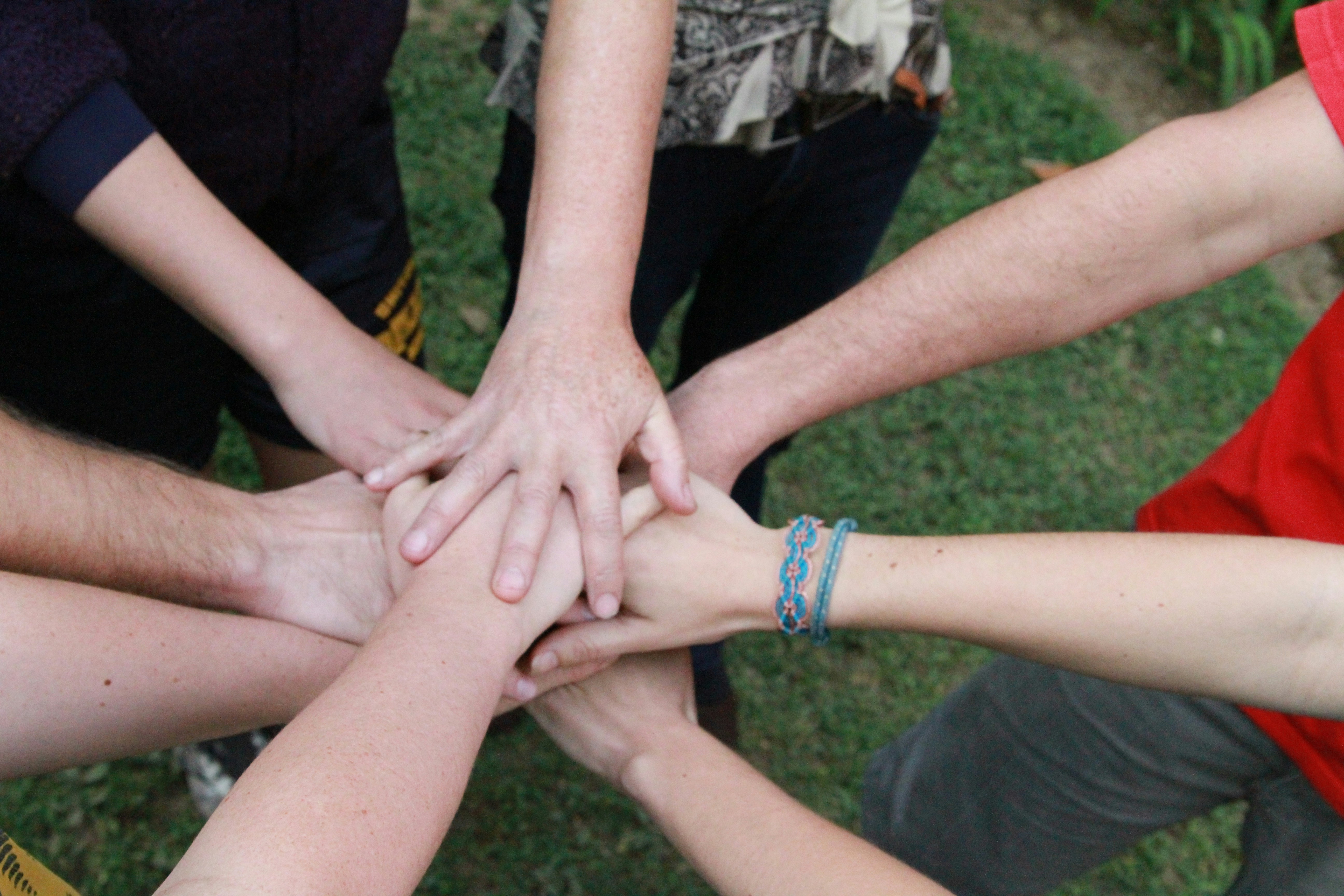- Tags:
- Congregational Update
We are Christians because the living God has drawn us into relationship with Himself through the gospel in which He has revealed Himself as Father, Son and Spirit. It is this relationship and the confession of God as He has revealed Himself to be in the gospel that all Christians share in common. Over the coming twelve weeks we will be reminding ourselves of the truth of the God we confess by looking at the Nicene Creed*, the only truly ecumenical creed, confessed by all Christians everywhere. I have chosen to do this because our confession of God is at the heart of daily Christian living, is the source of our confidence in the face of the trials we face in life, and the foundation of our hope. The great joy and privilege of being a Christian is knowing God in truth [John 17:3, Revelation 4 and 5].
We will be reminding ourselves of the truth of the God we confess by looking at the Nicene Creed*... because our confession of God is at the heart of daily Christian living, is the source of our confidence in the face of the trials we face in life, and the foundation of our hope.
Further, in a migrant society like ours where there are Christians from all kinds of backgrounds, it is good to reminded of what all Christians confess in common, even if their liturgy is in another language, so that we can relate to each other with welcoming love and not suspicion. And it is also good to be reminded in looking at the Creed that the Christian faith is not some passing fad, but a faith with historical, intellectual and moral depth, shared by many through the centuries and billions today.
Finally, I am also conscious that ours is a society characterised by three features that are hostile to our faith. Firstly the absence of God from public life and conversation, banished by what is in some a hatred of God and His claims on our lives. Secondly widespread ignorance of God, where we cannot assume that anything about our faith is known or self-evident to many. Thirdly lies about God supported and sustained by much popular media.
Increasingly we encounter in mainstream media the promotion of idolatry, anything from indigenous animism and Hindu temples to the worship of money and self. In this society believers can be tempted to live and think like those around them, to live and think as if the living God is just like the idols, and not the One who gives to each of us every breath, who sustains all life, who speaks and acts and makes Himself known, and to whom all will give account at the last day. Such conformity to the world in our thinking about God both impoverishes in the present and threatens eternal loss. It is time to be renewed in the truth, richness and strength of Christian confession of God.
Believers can be tempted to live and think like those around them, to live and think as if the living God is just like the idols, and not the One who gives to each of us every breath, who sustains all life,
THE NICENE CREEED
[From ‘Worship’, the PCA services book]
We believe in one God,
the Father, the Almighty,
maker of heaven and earth,
of all that is, seen and unseen.
We believe in one Lord, Jesus Christ,
the only Son of God,
eternally begotten of the Father,
God from God, Light from Light,
true God from true God,
begotten not made,
of one Being with the Father.
Through him all things were made.
For us men and for our salvation
he came down from heaven:
by the power of the Holy Spirit
he became incarnate from the Virgin Mary,
and was made man.
For our sake he was crucified under Pontius Pilate;
he suffered death and was buried.
On the third day he rose again
in accordance with the Scriptures;
he ascended into heaven
and is seated at the right hand of the Father.
He will come again in glory to judge the living and the dead,
and his kingdom will have no end.
We believe in the Holy Spirit,
the Lord, and giver of life,
who proceeds from the Father and the Son.
With the Father and the Son he is worshipped and glorified.
He has spoken through the Prophets.
We believe in one holy catholic and apostolic Church.
We acknowledge one baptism for the forgiveness of sins.
We look for the resurrection of the dead,
and the life of the world to come. Amen.
The Nicene Creed was first adopted at the Council of Nicaea in 325 A.D., re-expressed at the Council of Constantinople in 381 A.D. and endorsed at Chalcedon in 451 A.D. Its origin is in the Church’s rejection of Arianism, the false teaching that the Son of God was an exalted spirit creature with a lesser divinity than the Father [a similar teaching to that of the Jehovah’s Witnesses]. The Church recognised that such a Lord Jesus could not save, nor was He worthy of the worship that was to be given to God [for no creature should be worshipped with the worship due to the Creator] and so rejected the teaching of Arius and his followers. Yet if it confessed the Son as God and the Father as God and the Spirit as God how could it avoid speaking of three gods?
The Nicene Creed is the way the Church of the time found to express the reality of God’s revelation of Himself in Christ, confessing Him to be one God, three persons. Its value to the church was that its adoption provided believers with a language to talk about the God they had always believed in. This was helpful for transmitting the faith with clarity, the exclusion of error, and for mission. Where people, like the pagans of the ancient Mediterranean world, have no background in either Judaism or Christianity believers need to be able to state what they believe without communicating error, and explain why it is important. The Creed, and the discussion that led to its adoption, provided then and provides now a stable statement of Christian belief to help in our engaging with the ideas others have of God and then explaining our own.
The Nicene Creed is the way the Church of the time found to express the reality of God’s revelation of Himself in Christ ... Its value to the church was that its adoption provided believers with a language to talk about the God they had always believed in.
RECENT POSTS





